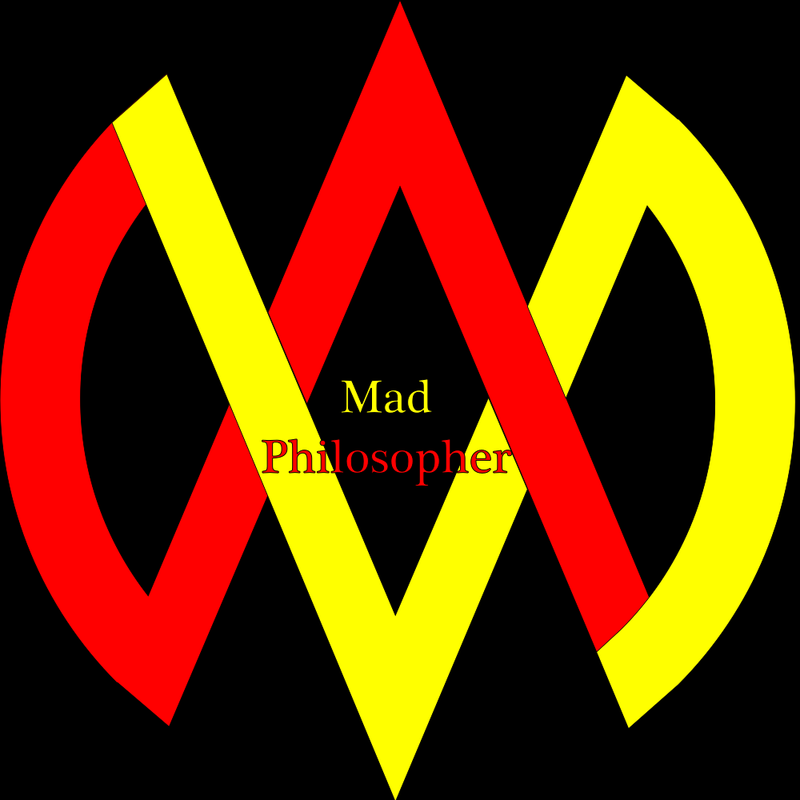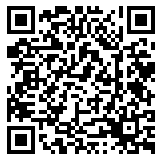Throughout Athenian history, the form and function of an “archon” changed in various ways, but all of the meanings and applications of the term shared three things in common:
- Reverence of the position held, regardless of the actions of the individual holding the position
- Authority to dictate the actions of others
- A support structure or institution designed to grant that authority
However, it is interesting to note the mythological use of the term, and it does inform the use of the term as applies to humans. In many ancient religions, “archon” was the word applied to spiritual beings responsible for acts of widespread destruction. They typically targeted non-believers. The gnostics, especially, interpreted archons to be any being which acted in such a manner so as to prevent human beings from pursuing individuality, excellence, eudaimonia, or from taking responsibility, but this use was fairly widespread when translating other religious texts into Greek as well.
So, in the interest of crafting a concise, simple, and categorical etymology of the Greek word “archon”, I assert the definition of “archon”is as follows:
“An individual who claims the authority to coercively dictate the behavior of other individuals, especially in cases which cause destruction or prevent other individuals from pursuing individuality, acquiring excellence or eudaemonia, or taking responsibility.”
Of course, a Philosophy is always more complex than an etymological definition of its moniker. I like to make the arbitrary claim that the best philosophies closely match their moniker and I believe anarchy to be an example of this claim. Being an ontologically negative term, “no-archon” can be taken at face value to be a form of either rejecting a claim or to be an enumeration of negative claims. In this case, it is both.
Firstly, it is the rejection of the claim that one has the right or ability to be an archon. Where one may claim to be a monarch, oligarch, tetrarch, etc. they may as well be claiming to be the Messiah or Darth Vader. The same applies to terms which are not explicitly descended from the term “archon”; a republican, democrat, theocrat, etc. is an equally fictitious position to be held. I will address this rejection of belief in archons later.
Secondly, anarchy as a philosophy is an enumeration of negative claims, many of which are ontological in nature. Many times, the dramatic claim of an individual anarchist is, “No gods, No masters”. This claim, while effective and concise is overly simplistic and vague. I contend that the attitude of the motto is accurate, being derived loosely from the etymology of the name and philosophy. A less dramatic but more accurate version would be “no slaves, no masters” or “Man holds no authority over man.” The reasons I wish to avoid “no gods, no masters” is probably fairly apparent; I believe that belief in certain deities is compatible with the tenets of anarchy (that is a matter for later blog posts), and the term “master” has multiple meanings and applications, many of which are not related to slavery; by putting “slaves” alongside “masters”, it demonstrates the particular application of the term “master” which one ought to assume.
So, what does anarchy mean as a philosophy? Clearly, the first negative ontological claim would be that no man has the right to coerce others to behave in a particular fashion and any institution designed for the sake of coercion or predicated upon such actions ought to be done away with. Coercion is a term with many feelings and intuitions surrounding it; many of which, if inaccurate, touch on key elements of it. However, to an analytic such as myself, a clear definition or at least description of the term is required in order to flesh out a legitimate philosophical stance. In the case of coercion, I imagine the definition is something akin to “an action or threat of action which intentionally removes one's means of achieving flourishing with the intent to compel a particular action.” For example, saying “Do X or I will kill you,” is clearly coercion. A less obvious example would be saying, “Don't do X (especially where X is a component necessary or beneficial to one's flourishing) or you will be put in a cage and I will steal your property.” When phrased this way, it is obviously coercion... but it can be less obvious when each piece of that statement is multiplied a thousandfold and spread between millions of pages of legal code. The fallout of such forms of coercion is readily apparent to anyone who looks at certain parts of the public record (or my facebook page).
Equally damaging to human flourishing are the issues of murder and theft. These are both closely related to coercion, but the full relationship between the three is so complex and rich that I do not have the time and space to fully address it in this post, but I will explicitly address it later. For now, I will have to content myself and any would-be readers with a brief examination of the issue as pertains to the definition of anarchy. The root desire which leads to the need to be free from coercion cannot be fulfilled if one is subject to the threat of murder, especially when institutionalized, for the same reasons that one must be free from coercion. Also, by definition, murder is unjustified and an immediate stop on one's ability to flourish by any defensible standard.
Theft is often the most veiled and insidious of the three issues at hand. Where murder is fairly cut and dried as far as identification is concerned and coercion is infrequently undetectable, theft is more difficult to define and can often go unnoticed indefinitely. However, if one is exposed to institutionalized theft, even indirect and unnoticed theft, they are subject to an institutionalized inhibitor of their freedom and flourishing.
So, then, anarchy is ultimately the rejection of any institution predicated on or designed for the sake of coercion, theft, or murder. There is a multitude of reasons why one would come to embrace such a philosophy and worldview, some of which I will address in later posts. One thing is certain, though: no one who embraces anarchy as defined above does so out of naivete or a desire to perpetuate the same crimes which such a philosophy decries. Anarchy is not a guarantee that people will not commit the crimes of coercion, theft, and murder; the idea that such a thing is possible is utopic and therefore absurd. However, any worldview that does not fundamentally incorporate the anarchist position is a guarantee that people and institutions will commit these crimes. Those that wish to commit these crimes have far easier and safer means by which to accomplish their goals than anarchy. For example, they can become politicians, cops, soldiers, democrats, or middle and upper management at a corporation, thereby granting themselves a secure position which allows them to commit the very crimes they wish to pursue while remaining above social reproach, as opposed to taking on the risk associated with the moniker of freedom from such crimes. That is not to say that all people who choose such careers do so out of the desire to commit crimes with impunity, but these positions certainly encourage such activities and some are predicated directly on these crimes. Before I ramble too far beyond the topic at hand, I should save such ideas for later posts.
TL;DR: In conclusion, I propose the starting place for formulating a categorical definition of anarchy would be “The rejection of any institution predicated on coercion, theft, or murder”. This definition is subject to critique and revision, but so far has served me well.
Feel free to comment below or email me at [email protected] if you desire to be a part of this conversation.



 RSS Feed
RSS Feed
